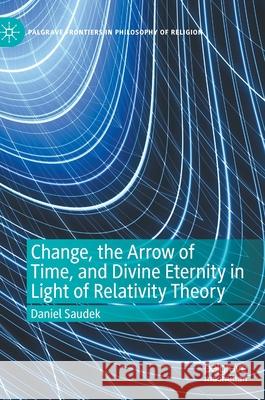Change, the Arrow of Time, and Divine Eternity in Light of Relativity Theory » książka
topmenu
Change, the Arrow of Time, and Divine Eternity in Light of Relativity Theory
ISBN-13: 9783030384104 / Angielski / Twarda / 2020 / 216 str.
Change, the Arrow of Time, and Divine Eternity in Light of Relativity Theory
ISBN-13: 9783030384104 / Angielski / Twarda / 2020 / 216 str.
cena 322,77
(netto: 307,40 VAT: 5%)
Najniższa cena z 30 dni: 308,41
(netto: 307,40 VAT: 5%)
Najniższa cena z 30 dni: 308,41
Termin realizacji zamówienia:
ok. 22 dni roboczych.
ok. 22 dni roboczych.
Darmowa dostawa!
Kategorie:
Kategorie BISAC:
Wydawca:
Palgrave MacMillan
Seria wydawnicza:
Język:
Angielski
ISBN-13:
9783030384104
Rok wydania:
2020
Wydanie:
2020
Numer serii:
000454104
Ilość stron:
216
Waga:
0.42 kg
Wymiary:
21.01 x 14.81 x 1.42
Oprawa:
Twarda
Wolumenów:
01
Dodatkowe informacje:
Wydanie ilustrowane











